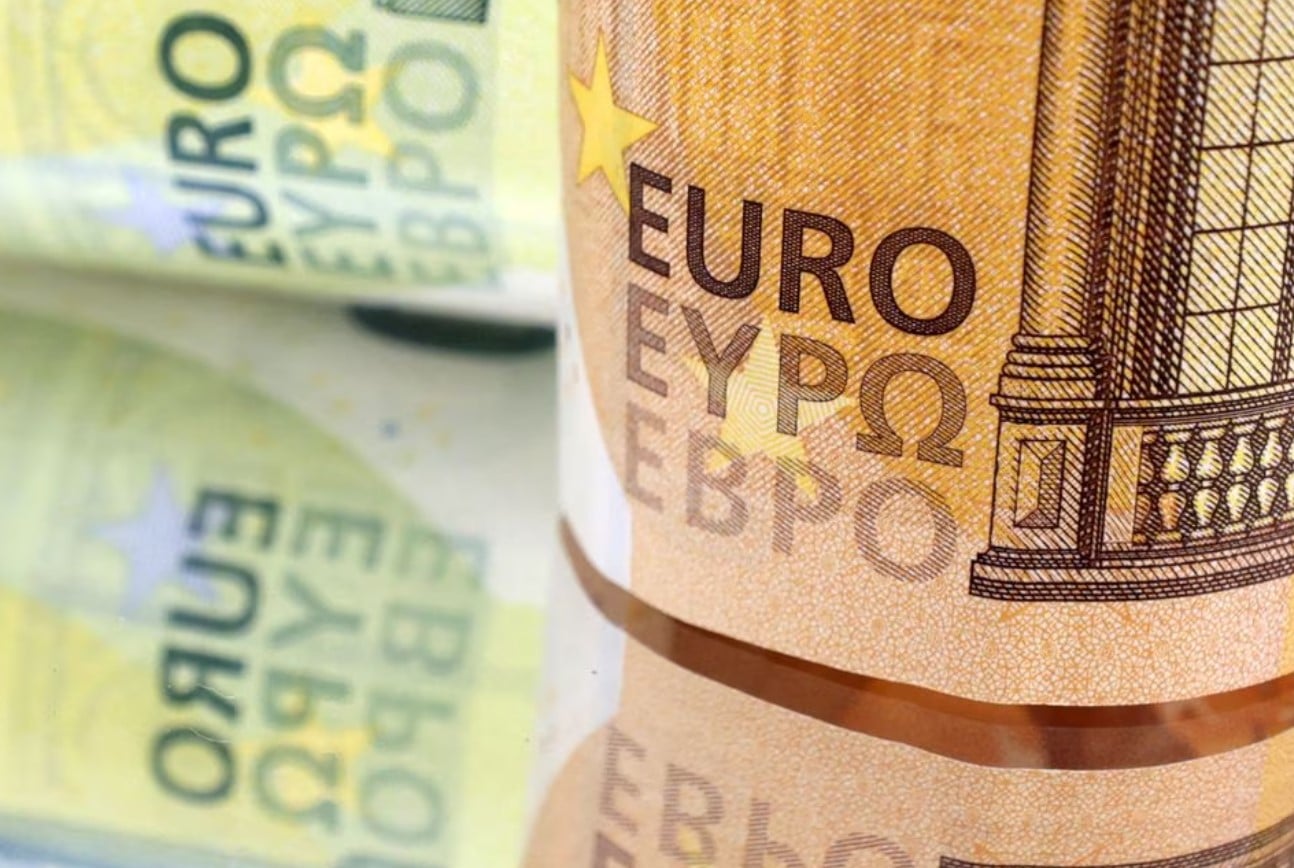The Cyprus government recorded a reduced deficit of €39 million in the second quarter of 2024, marking a sharp improvement from the €260.8 million deficit reported for the same period last year.
This change, highlighted in preliminary fiscal data from the Cyprus Statistical Service, reflects substantial increases in both government revenue and expenditure from April to June 2024.
Government revenue for the quarter surged by €523.2 million, representing a 19.2 per cent increase year-on-year, bringing total revenues to €3.25 billion from €2.72 billion in the previous year.
Taxes on production and imports showed a notable increase, rising by €173.6 million or 17.4 per cent to reach €1.17 billion.
Within this category, net VAT revenue grew by 20 per cent, bringing in €789 million.
Revenue from social contributions also saw an increase, climbing by €131.2 million, or 13.5 per cent, to €1.1 billion, while taxes on income and wealth generated €507.1 million, up by 21.3 per cent from last year’s €417.9 million.
In addition, revenue from goods and services rose by 26.7 per cent to €227 million, and capital transfers recorded a moderate increase of 4.5 per cent to €56.1 million.
Property income experienced a significant jump, rising by 62.2 per cent to €44.6 million, while current transfers saw the most substantial growth, increasing by 75.8 per cent to reach €143.4 million.
Total government spending in Q2 2024 rose to €3.29 billion, an increase of €301.4 million, or 10.1 per cent, compared to the same period in 2023.
Spending on social benefits reached €1.4 billion, up by 8.4 per cent, while employee compensation, including social contributions and pensions for civil servants, grew by 6.9 per cent to €899.7 million.
Other current expenses saw a sharp increase of 48 per cent, amounting to €225.1 million, and intermediate consumption rose slightly by 3.8 per cent to €310.2 million.
Payments for property income grew by 38.8 per cent, reaching €172.9 million.
Expenditure related to capital investments and transfers rose by 9.6 per cent, amounting to €250.6 million.
However, government subsidies declined significantly, falling by 49 per cent to €30.7 million from the previous year’s €60.2 million.







Click here to change your cookie preferences